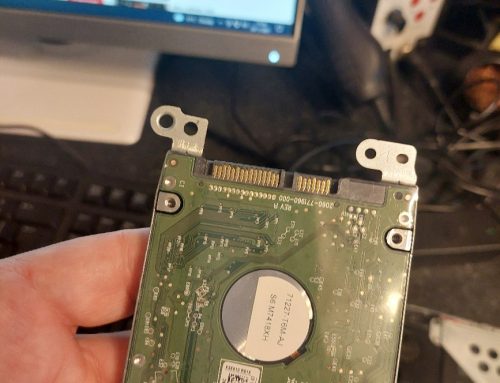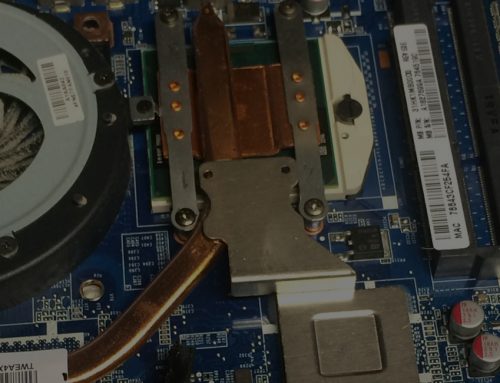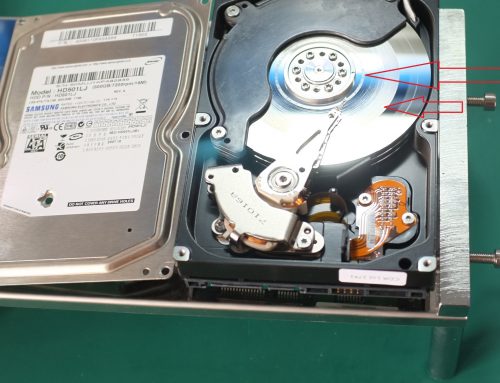PC Workshop’s weekly workload wouldn’t be complete without seeing some form of virus on a system which either wishes to take monies from you or advert pop ups making it impossible to use the system. The latest one we’ve come across is a particular nasty form of THEFT.
Hackers holding THOUSANDS of computers’ files and photos to £200 ransom every day!!!
Ransomware locks a device and uses law enforcement imagery to intimidate victims, sometimes claiming it has been triggered by “indecent images”
Thousands of people have been hit by computer hackers who threaten to wipe photos and files unless they are paid £200. The software can be hidden in emails and throws up a count down timer before encrypting all files, making them inaccessible. Known as ‘ransomware’, they can only be saved by paying up within 72 hours. An anti-hacking expert who advises the UK government’s online security unit at GCHQ has revealed the extent of the threat to individuals and small businesses.
down timer before encrypting all files, making them inaccessible. Known as ‘ransomware’, they can only be saved by paying up within 72 hours. An anti-hacking expert who advises the UK government’s online security unit at GCHQ has revealed the extent of the threat to individuals and small businesses.
Tony McDowell told the Daily Mirror:
“Ransomware is targeting tens of thousands of people a day. “The problem is 90 per cent of all computer fraud goes unreported so there are no reliable figures out there. “A lot are coming from China, not the government but individuals. And a lot of them are coming from Russian gangs. “Even if you find a weak version there are ways of attacking it but not ways of decrypting the files.” Tony’s firm recruits hacking experts as young as 16 and his team employed to find holes in companies cyber defences has an average age of 23. Ransomware locks a computer and uses law enforcement imagery to intimidate victims, sometimes claiming it has been triggered as a result of “indecent images” being accessed. Security firm Symantec estimates the extortion racket is raking in at least £3million a year. It comes as the government has already set aside £650 million for the four-year National Cyber Security Programme. The scam has been copied an advanced by top cyber criminals spreading from eastern Europe to western Europe and north America in the past year.
Mr McDowell, who runs Encryption Ltd, added: “It’s like they lock all your files in a bank vault that you need two keys to open. “They create two algorithm keys and the only way to unlock it is to get the key off them. The only way to protect yourself is to back up your documents in case you have to wipe your computer. “It’s a nightmare.” The malicious software is technically not a virus but a piece of software and can sneak into your machine via an email attachment or a ‘drive-by download’. Prof Steven Furnell, one of the UK’s leading experts in malware, said: “The fact that it encrypts the data means that users will have no chance of recovering them in the absence of the decryption key. “There is unfortunately nothing that antivirus software can do to protect them once the payload damage is done.”
is to get the key off them. The only way to protect yourself is to back up your documents in case you have to wipe your computer. “It’s a nightmare.” The malicious software is technically not a virus but a piece of software and can sneak into your machine via an email attachment or a ‘drive-by download’. Prof Steven Furnell, one of the UK’s leading experts in malware, said: “The fact that it encrypts the data means that users will have no chance of recovering them in the absence of the decryption key. “There is unfortunately nothing that antivirus software can do to protect them once the payload damage is done.”




